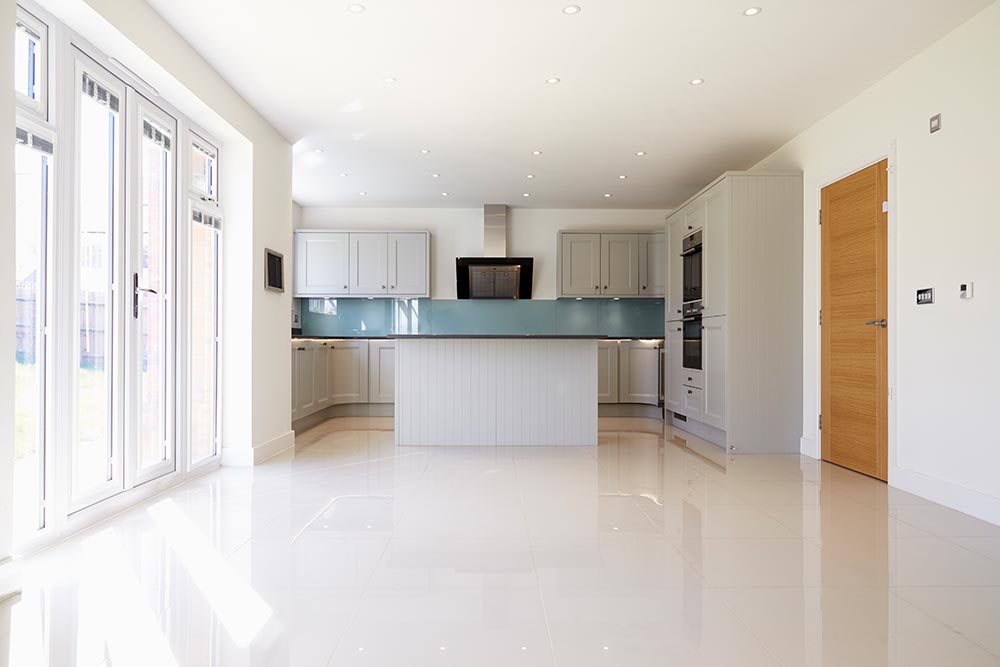There might be any number of reasons why you are leaving property you own empty and unoccupied this coming winter:
- your work might be taking you away from home for several months;
- the home you live in, a holiday home or residential or commercial property you let to tenants might be in the process of renovation;
- you might be moving home, have already moved into the new property and are awaiting the sale of your original home;
- the property is the subject of probate and is empty while the paperwork gets sorted;
- you might be escaping the winter altogether by taking an extended holiday in the sun; or
- your buy to let property may be unoccupied upon the termination of one tenancy pending the start of another.
Whatever the reason, you may wish to think about having specialist empty property insurance cover.
Insurance
If the premises are going to be left unoccupied for a month or more, most traditional homeowner or landlord insurance policies are likely to lapse or to become severely limited in the level of cover provided. The simple reason is that an empty property attracts different risks to one that is lived in continuously and your regular insurer may want to avoid those additional risks.
In order to maintain an adequate level of protection for your vacant property, you instead need unoccupied property insurance – which we are able to arrange for you here at Cover4LetProperty.
Playing your part in the protection of the empty property this winter
You might have taken the prudent step of ensuring that your empty property is adequately covered by insurance, but this alone does not absolve you from important precautions to minimise the risk of loss or damage.
There are a number of authoritative online resources offering tips and suggestions on the steps you might take:
- the Met Office, is one of these and advises the formulation of a flood plan before any such event takes place – especially if you are in an area known to be vulnerable to flooding;
- as temperatures plummet, burst water pipes present yet another risk of flooding and so these need to be properly lagged;
- snow too, may pose threats by blowing into the roof space, blocking air vents and adding undue weight for the roof itself to bear;
- assess the property as a whole and think in terms of its walls, floors, roof, doors and windows – and then repair, insulate and seal wherever that is appropriate and possible;
- probably the single greatest precaution to take before winter sets in is to ensure that repairs are done and that the property is maintained in good order;
- specific points of concern may be to ensure that all gutters and rainwater goods are clear of leaves and other debris – remembering that overflowing water may cause considerable damage to outside walls;
- windows need to be locked closed, of course, but it is also important to make sure that rainwater runs off the glass and does not pool on the window sills or drain down behind them;
- prevent assaults by the elements on external doors by sealing around the frames and by fitting a simple cover over any letter box that is let into the door.
Setting the temperature
Although there may be no one at home, the property – and more especially the pipework – is still likely to appreciate a modicum of heat, with your central heating system set to its anti-frost setting.
You may also find that it is a condition of your unoccupied property insurance that the property heating is set to a specific temperature to reduce the risks of burst pipes etc. You can check your policy wording or ask your broker what the temperature should be.
Prepare for winter by:
- setting the system’s clock or timer and checking that it is working properly;
- resetting the clock if there has been a recent power outage;
- checking whether the batteries on any wirelessly controlled thermostats need replacing; and
- checking that the water pressure is sufficient to prevent the boiler from switching itself off.
Insulation
As the very minimum you might want to ensure that there is sufficient insulation in the roof space so that the ambient heat you are aiming to keep is not so easily lost – but remembering too that any pipes in the roof space need to be able to benefit from the heating system.
Security
You may have arranged empty property insurance because you recognise the additional risks faced by an unoccupied home. That does not mean that you need not take all reasonable precautions to keep it safe and secure – indeed, your insurer has the right to expect you to help mitigate the risk of loss or damage in this way.
Security is likely to involve rather more than simply locking doors and windows and typically extends to measures designed not to advertise the fact that the property is empty – the garden kept tidy, deliveries taken in, timer switches on strategic lights indoors, perhaps a neighbour’s car parked in the driveway etc. You can read more in our blog: Guide to Protecting your Property.
Inspection
Your insurer is also likely to request that the empty property is visited and inspected on a regular basis and a log of such inspections kept. This might be done by friends or relations or reliable neighbours, although it is also a service offered by a growing number of security and property management companies.
Further reading: Winter-proof your garden.








